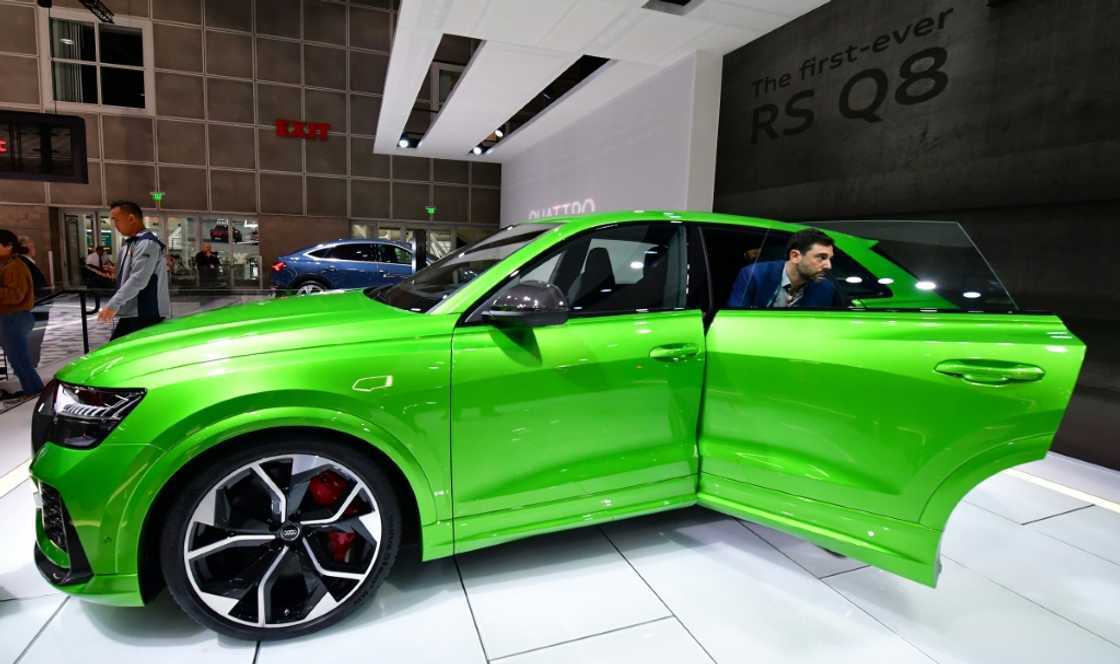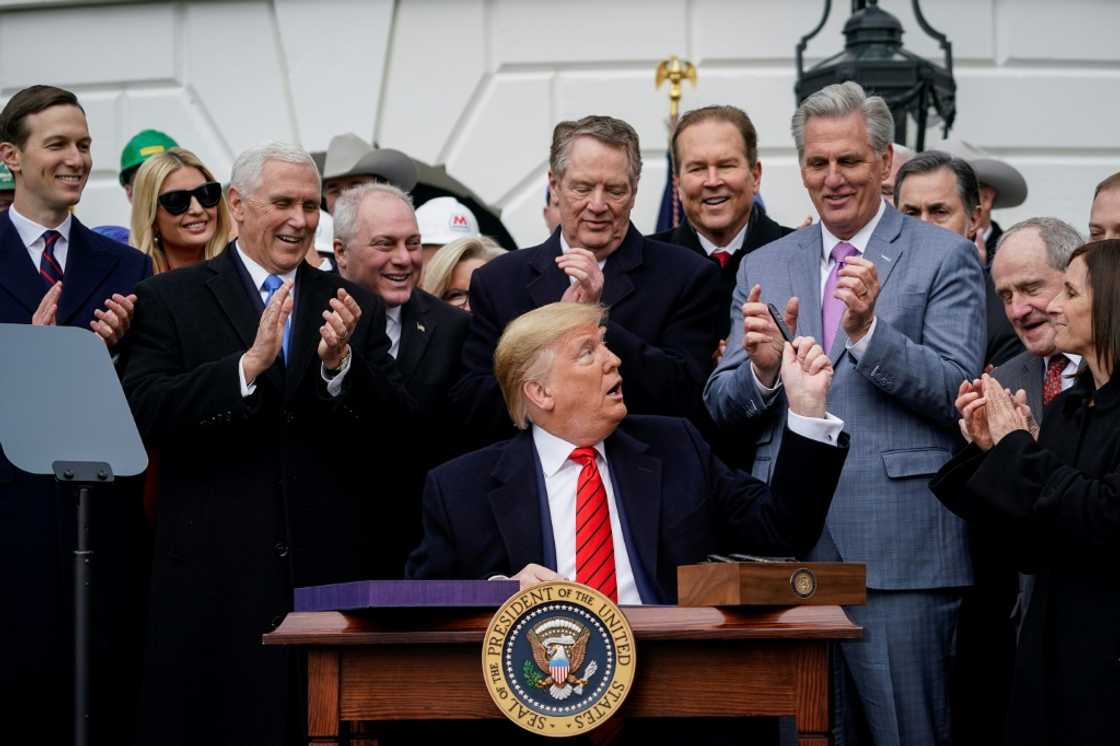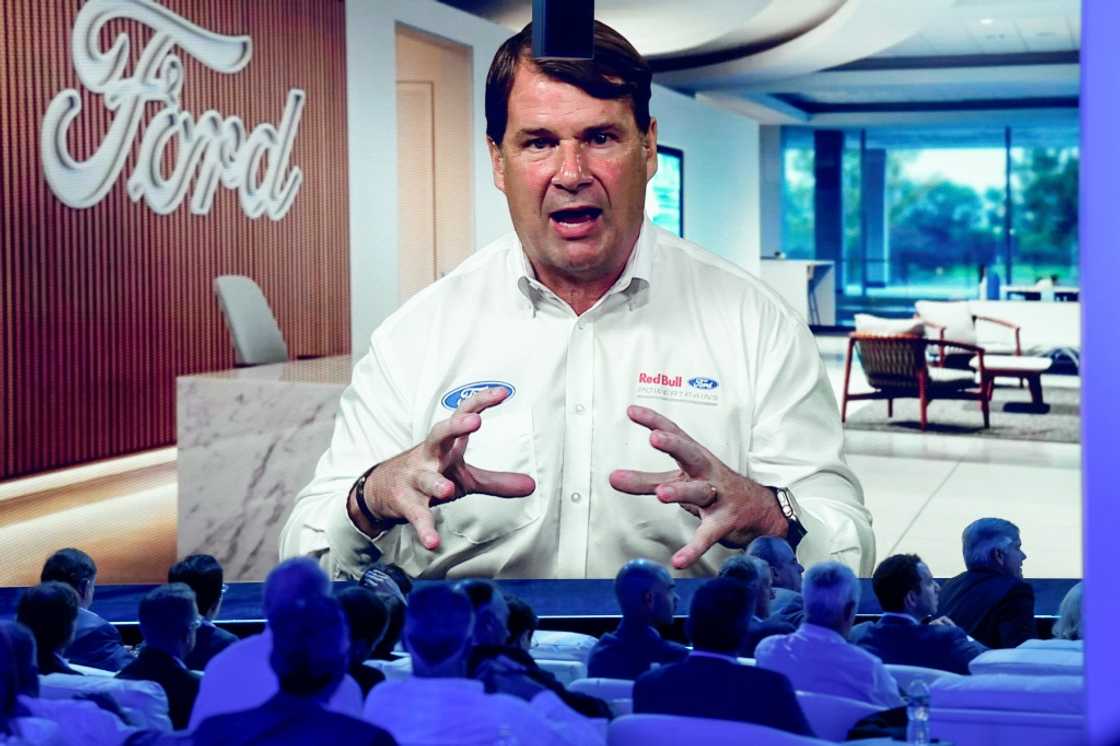
A series of presidential statements on trade policy has left US automakers uncertain since Donald Trump's return to the White House last month.
Some signature threats, such as 25 percent tariffs on Mexico and Canada, have been imposed and then suspended, but President Trump's multi-faceted attack on the global trade system is gradually increasing the cost burdens, according to automotive industry specialists.
A 10% tariff on imports from a major Chinese auto parts supplier has already been put in place, and a 25% tariff on steel and aluminum imports, set to take effect on March 12, is expected to further increase supply and manufacturing costs.
They won't be small as a whole," Ford CEO Jim Farley said this week. "Each one will be small, but together they'll be substantial.
Continuing trade directives have been flowing out of the White House.
On Thursday, when Trump signed plans for reciprocal tariffs with trading partners, he pointed out a significant imbalance in the US and European Union's levies on imported cars as a key example of what he aimed to address.
The following day, the president announced his intention to introduce tariffs on foreign-made cars in early April, but did not reveal the scale of the tariffs or which countries would be the first to be affected.
If the suspended tariffs on Mexico and Canada are implemented, Farley stated they would "blow a hole" in the US auto industry, which has been closely linked with its neighboring countries since the 1990s North American Free Trade Agreement (NAFTA).

"Most people are aware of the threat, but they don't think he will actually drop the bomb," said Cox Automotive economist Charlie Chesbrough.
In addition to the Detroit giants, foreign automakers also have significant investments in Mexico and Canada. Honda has manufacturing facilities in the United States, Canada, and Mexico, and none of the cars it sold in the US market in 2024 were imported from Japan, according to data from the consultancy GlobalData.
New US investment?
Administration officials have described tariffs as a potential source of revenue and a motivation for global companies to increase their manufacturing operations in the United States.

He has put tariffs at the core of his "America First" strategy, describing the levies as a means to rectify past "unfair" treatment from trade partners.
A White House document issued on Thursday noted that the European Union imposes a 10 percent tariff on imported vehicles, whereas the United States imposes a 2.5 percent tariff.
Within the European Union, German automakers are the primary source of direct US car imports from Europe. This group encompasses luxury brands such as BMW, Mercedes-Benz, and Audi, which either have or are part of companies that also operate manufacturing facilities in the United States.
Meeting the Trump administration's demands on EU auto tariffs could be relatively straightforward for Brussels, said Jeff Schuster, vice president of global research at GlobalData.
"US vehicles, particularly those that are well-known here, would not be popular in Europe," said Schuster, who predicts that removing the EU tariff would have minimal effect.
Automotive analysts predict that foreign automakers may announce plans in the coming months to establish or expand manufacturing facilities within the United States. Nevertheless, they are faced with a conundrum regarding the type of vehicles to produce, considering the current shifts in US policy.
While the Trump administration is pushing for a major overhaul of international trade policies, it appears to be reversing course on initiatives to increase the production of electric vehicles, thus setting the United States at odds with major markets like Europe, China and others.
The long lead time in the automobile industry means that cars resulting from current investment decisions may not reach the market for four or five years.
As global companies, "it's not efficient to have different strategies in every market," he said.
